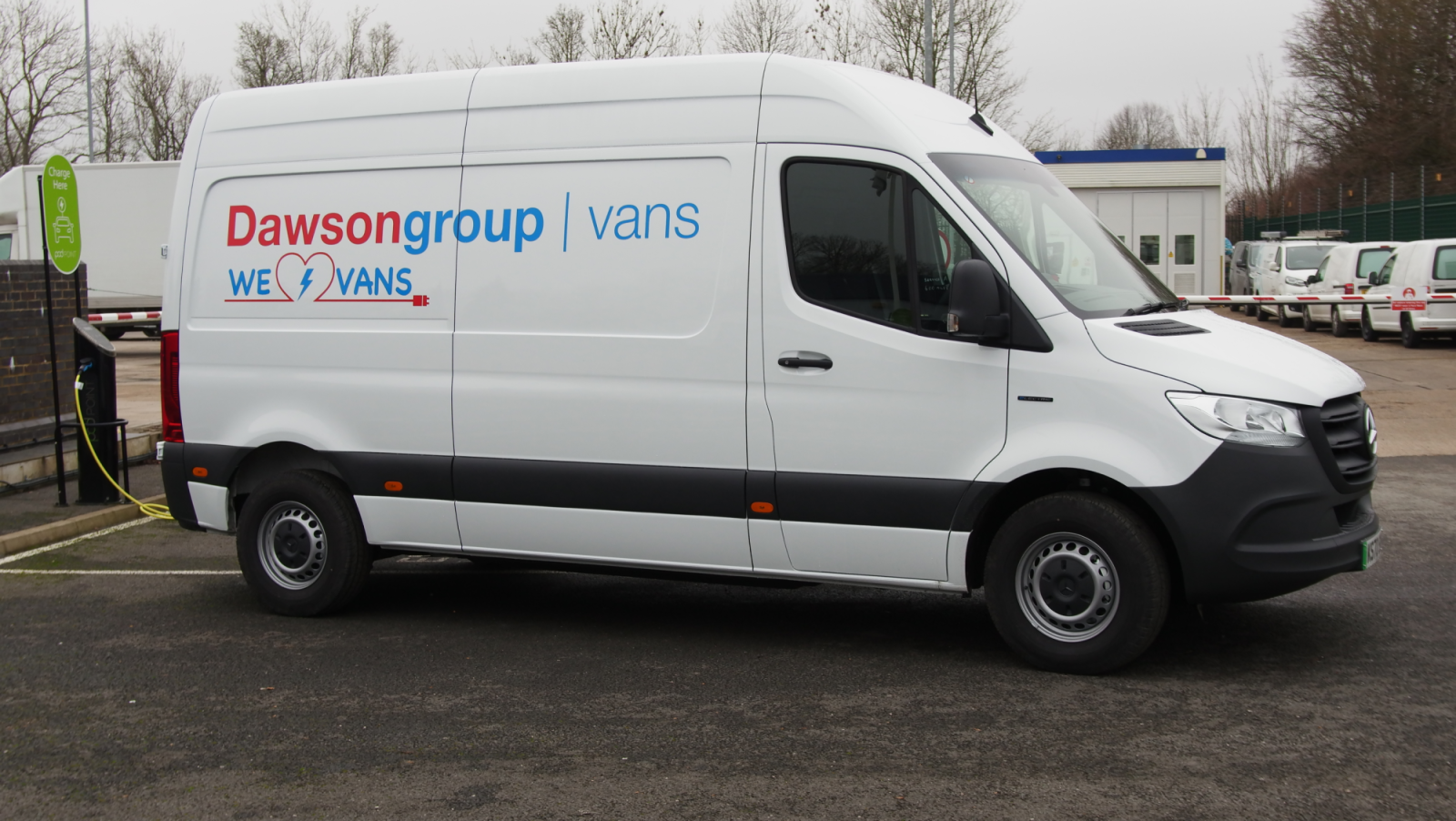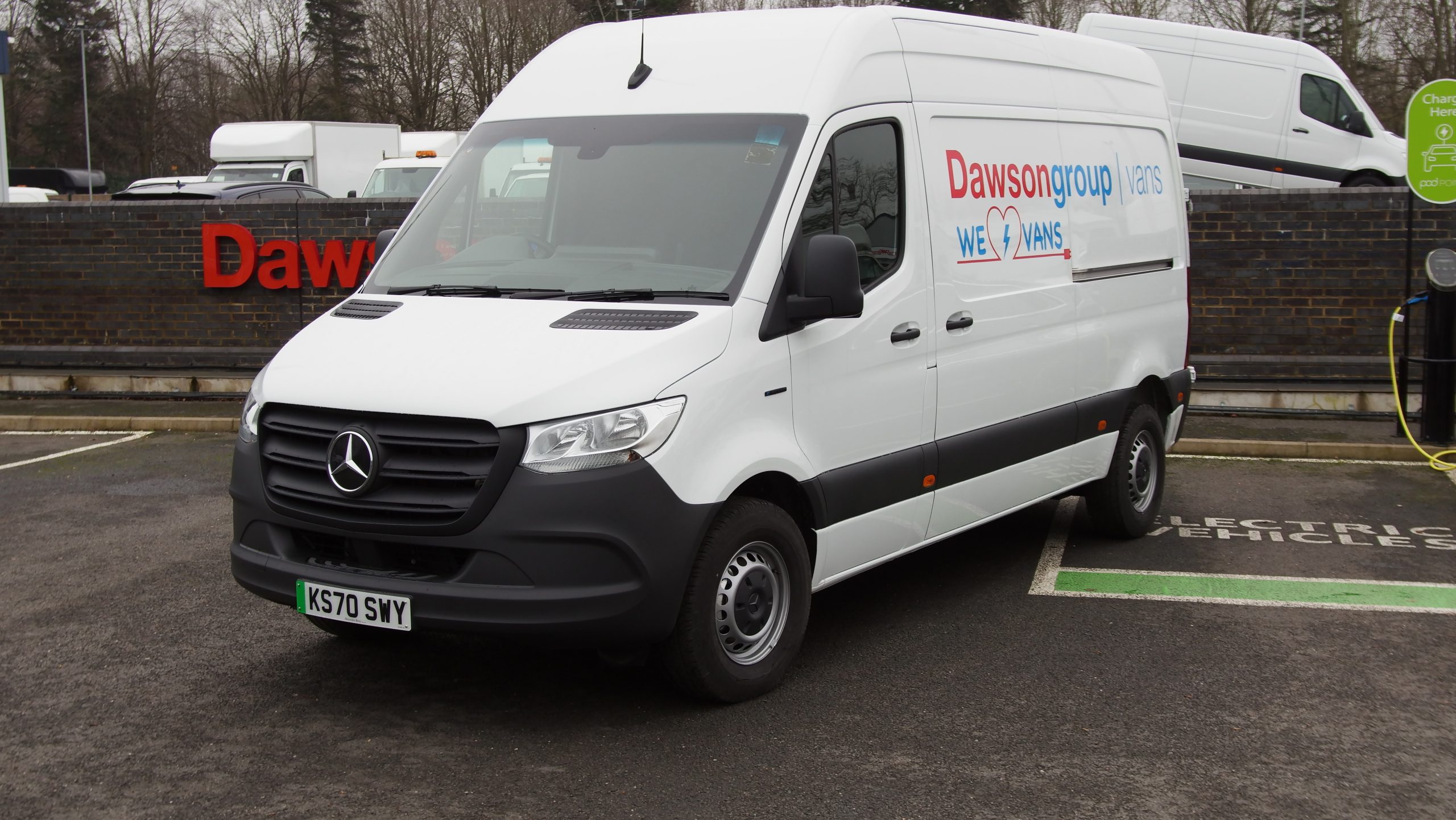Moral Obligation for the Transport Sector
Climate change and the decarbonisation of road transport is – or public opinion is that it should be – at the top of companies’ agendas following COP26 in November, and we have a moral obligation to do everything we can to play our part in reducing emissions.
There has already been a global increase in temperature of 1.2°C, which is causing disasters and damage around the world. Currently, the agreements from COP26 are to try and limit any further increase to 1.5°C. However, based on countries’ short-term goals for the next decade there will still be a rise in global temperatures of 2.4°C by the end of this century, and if current policies and measures are taken into account, rather than just goals, they will rise to 2.7°C. That may not sound like much, but that change would cause devastation across the globe in the form of sea-level rises, drought, floods, heatwaves, and fierce storms.
At present, road transport accounts for 10% of global emissions, and its emissions are rising faster than those of any other sector. The UK government’s plan for transitioning to zero emission states that all new cars and vans must be fully zero emission at the tailpipe by 2035, and new petrol and diesel cars and vans will no longer be sold from 2030. Further to this plan, the UK government signed the COP26 declaration on accelerating the transition to 100% zero emission cars and vans, which states that, as business fleet owners and operators, we will work towards 100% of our car and van fleets being zero emission vehicles by 2030.
This means we have eight years to transition to zero emission fleets.
Read more here to find out about the options available to you with Dawsongroup | vans or contact us for a free consultation.
Contact us today for a free consultation about transitioning to zero emissions.
UK Head office
Delaware Drive
Tongwell
Milton Keynes
MK15 8JH

Dawsongroup Limited | Company reg. no. 01902154 (registered in England and Wales)

